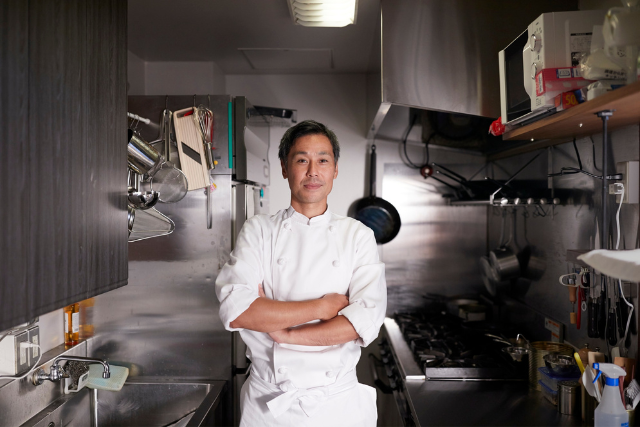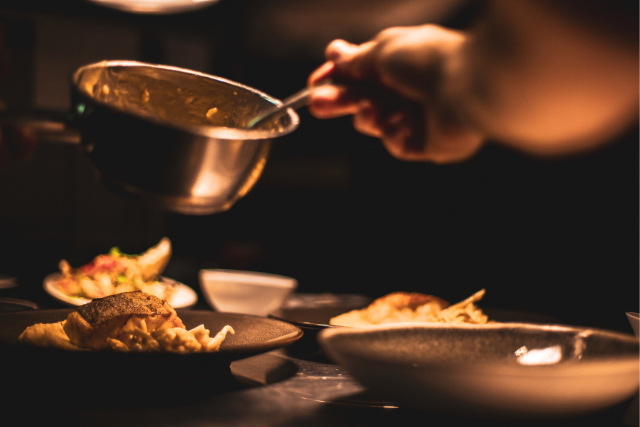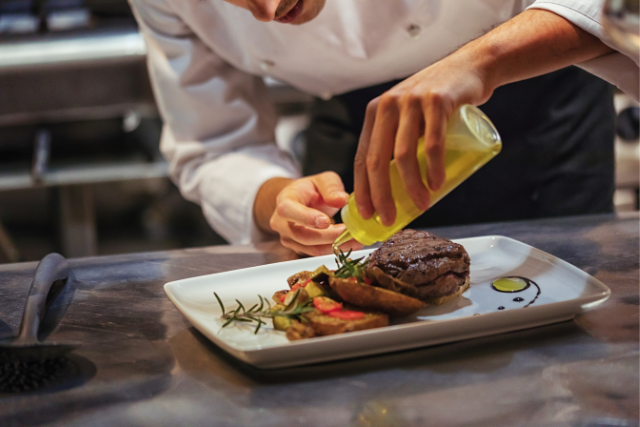
Modern hospitality roles call for a mix of discipline and technical ability. The industry expects staff to manage service flow and handle pressure without slowing down. Hotels and food service operations rely on timing and coordination, and without training, even basic tasks can become difficult to sustain.
A diploma builds the habits needed to meet those demands by guiding students through structured routines and hands-on training. This approach is clear in many top culinary schools like CCA Manila, which focus on applied skills rather than classroom demonstrations alone. Students finish with a practical foundation that helps them adapt quickly once they enter the workforce.
This article looks at how a hospitality diploma prepares students for the demands of modern service roles across kitchens and food-focused businesses.
Developing Readiness for Fast-Paced Work
Hospitality shifts change without warning. One moment, the dining room is calm, and the next, prep falls behind and orders start stacking up. The constant movement is part of the job, so a diploma builds the ability to manage that pace through hands-on training in real kitchen settings. In these environments, students follow routines and repeat tasks until they become second nature. Habits form that hold under pressure, keeping workstations in order and movement steady, even when the pace picks up.
Building Practical Skill and Systems Awareness
Diploma programs cover ingredient preparation, food safety routines, equipment handling, and timing. Assigned shifts in kitchen labs or service settings structure the training, with instructors reinforcing habits that align with industry expectations. Lessons in prep coordination and station setup are directly tied to production flow, where even small delays affect the entire team.
With that awareness, students can better spot potential issues early and help keep service steady from start to finish.
Strengthening Communication Across Roles
Modern hospitality relies on clear, consistent communication across all areas of the operation. From prep stations and hot lines to front-of-house teams and service support, each role depends on the others to maintain pace and quality. In high-pressure environments like hotel kitchens or large-scale dining venues, delays and errors often result from breakdowns in coordination.
Diploma programs place students in structured service settings where communication is both expected and essential. They learn to relay information quickly, flag issues early, and keep the workflow steady even during peak periods. Practicing these skills in real time builds confidence and awareness, helping students recognize when to listen, when to act, and how to respond without disrupting the flow.
Supporting Long-Term Career Development
Training at this level opens doors beyond entry-level prep or service work. The structure provides a foundation that supports movement across different areas of the food and hospitality industry. Some begin on the line in a hotel kitchen and later shift into catering, styling, or private service. Others move into management or training, often drawn to planning or operational roles. With a solid base of core skills, taking on new responsibilities and adapting to different settings becomes easier.
Many programs also include training in sustainability and business planning. These lessons frame food service as a working system, not just a series of tasks. That perspective makes contributing to concept development or taking on project-based roles beyond routine service easier.
Diploma in Culinary Arts & Technology Management

The Diploma in Culinary Arts & Technology Management is one culinary arts degree option that reflects what the industry expects from new professionals entering modern kitchens. It offers structured, hands-on training in a working kitchen environment and prepares students to take on real service responsibilities from day one. The training is campus-based, with routines that follow the same patterns used in hotels and restaurants.
Students start with core techniques, including knife skills, temperature control, and ingredient handling, which are built through daily practice. Sanitation and organization are introduced early and stay focused throughout the cooking course.
The program also develops:
- Reliable prep routines aligned with real kitchen expectations
- Hygiene and food safety habits that hold under pressure
- Menu execution across multiple cuisines and service styles
- Awareness of how individual roles affect overall kitchen movement
- Consistency during service, even when conditions change rapidly.
Graduates from this course go on to work in a range of professional settings. Many start in restaurants or hotel kitchens, while others take roles in catering, food styling, cruise dining, or food production. Some eventually move into management or choose to open their businesses.
Start Your Career with CCA Manila

Finding the right training shapes your path in the hospitality industry. Once you know where you want to go, CCA Manila can help you take that next step with programs grounded in real kitchen experience and industry expectations.
Our diploma courses reflect how kitchens and service operations run, with options suited to different experience levels. As one of the top schools offering a BS Culinary Arts Philippines program, we design our training to support long-term career growth through hands-on learning and real-world service experience.
Now’s a good time to begin. Take that step and see how far it can take you!
